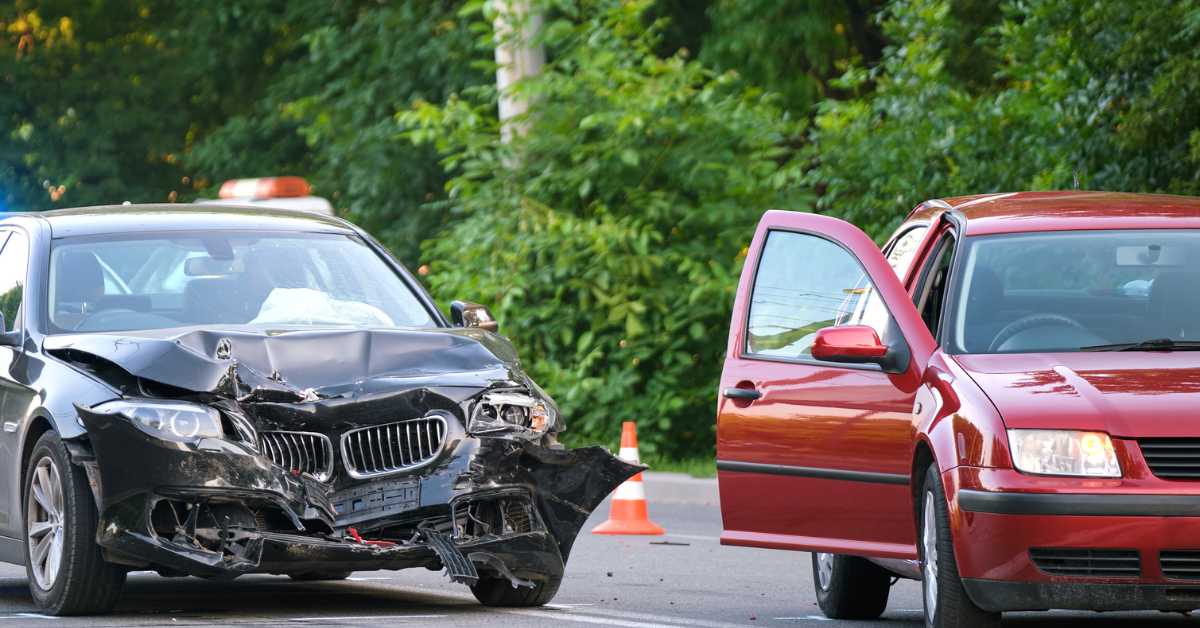
Automobiles have the capability to cover hundreds of miles on any given day. Depending on your driving habits, it’s quite possible that you could find yourself involved in an accident far away from home. What do you do if you get into a motor vehicle accident in another state?
In general, you should follow the same procedures regardless of the location of the accident. However, there are a few extra steps you may need to take to ensure the accident is reported correctly and insurance takes care of the damage.
It is vital to protect yourself, the passengers of your vehicle, and other parties that were involved in a crash. For this reason, making yourself aware of motor vehicle accident procedures is extremely helpful.
Out-Of-State Motor Vehicle Accidents
You have been planning the road trip for months. You pack your car and make sure you have a full tank of gas. You hit the road with family and friends, but then cruel reality strikes when you are hit by another car. To make the matter even worse, you’re hundreds of miles away from home. What do you do?
An out-of-state motor vehicle accident is defined as an accident that takes place outside the boundaries of your home state. Any car accident that takes place outside the state you reside in requires you to consider the two following questions:
- Where do I file an insurance claim?
- Where do I file a personal injury lawsuit?
If you are not injured in the accident (and your passengers are fine), then you can proceed with filing an insurance claim. The process is the same whether the accident occurred in your home state or somewhere else.
On the contrary, if you or a loved one were injured in the car accident, you must seek medical attention immediately. After receiving a diagnosis from a qualified doctor, you will have a clearer picture of your next steps. Filing a personal injury claim in a motor vehicle accident that happened outside the state you live in presents you with a couple of different options.
Places to File a Personal Injury Claim
The standard rule is a victim of a car accident may file a lawsuit in the state where A) the defendant resides or B) where the car accident occurred.
Consequently, the victim has the choice of filing a personal injury claim in their home state or the scene of the accident. In general, most victims prefer to keep the litigation closer to home since you have that right. Nonetheless, the choice is up to you.
Furthermore, if a business or organization is involved in the accident (i.e., commercial truck driver) you also have the choice between filing a lawsuit where the accident took place or the location of the business.
In general, businesses have a headquarters in the state where they are incorporated. Additionally, you may sometimes sue a business in any state where the company has sufficient “minimum contacts.” In other words, the company does a significant amount of business in that state, which may allow you to keep the lawsuit closer to home.
State Traffic Laws & Personal Injury Claims
Determining where you can file a lawsuit against a defendant is only half of the problem. You also need to make yourself aware of any state laws that may impact the outcome of the legal battle.
For example, one state may treat a traffic violation or “at-fault” party differently than in your home state, which makes it important to brush up on the laws of the state where the motor vehicle accident occurred. Hiring a personal injury attorney can help you with this process.
States also impose a statute of limitations that designates how long you have to file a certain type of lawsuit after the initial injuries occurred. Every state is different, which makes it necessary to learn about the statute of limitations in the place where you plan to file the lawsuit.
There are several other factors to consider. For example, were there several vehicles involved in the car accident? If so, you may have the option to sue multiple defendants. However, that is going to make the legal situation more complicated—which makes hiring a qualified attorney even more important.
Steps to Handle an Out-Of-State Accident
We recommend taking the following steps if you are involved in an out-of-state motor vehicle accident:
- Inspect yourself and other passengers for injuries. Address any injuries immediately by calling 9-1-1 or visiting a clinic as soon as possible following the accident.
- Contact the police to investigate the accident and create their report.
- Assess the damage and gather crash site evidence (photos, video, etc.).
- Exchange information with the other party and get the contact information of any willing witnesses.
- Contact your insurance company and report the accident.
- Contact a personal injury attorney to discuss the details of your motor vehicle accident. Stewart & Stewart is available at 1 (800) 33-33-LAW or online.
